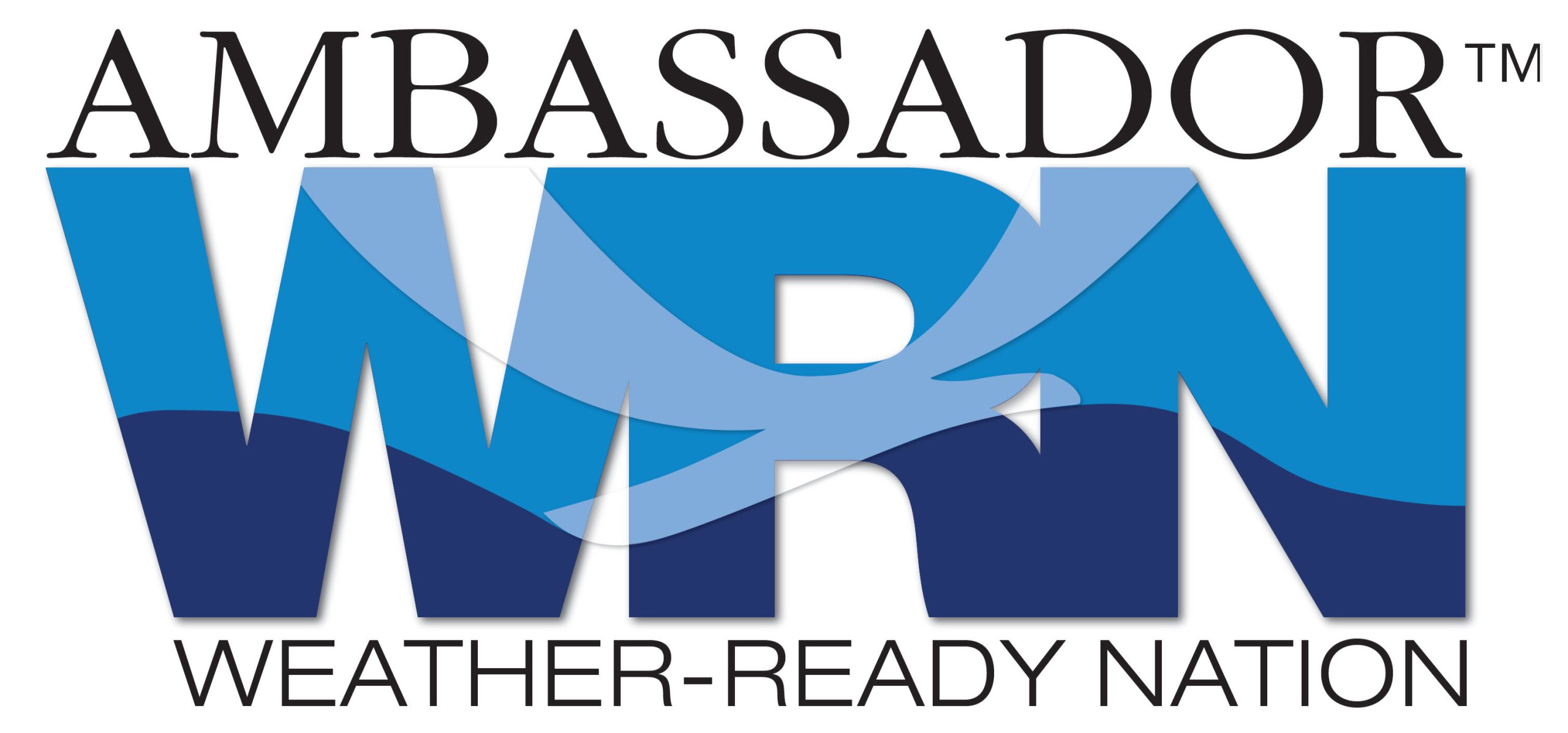Cold Weather Alert Health Department Warns To Get Ready
The City of St. Louis Department of Health is urging people to prepare for extended cold weather. St. Louis is expecting severe cold weather beginning Thursday and running through most of next week. Temperature highs will reach the upper 20s with lows falling to single digits. A second round of cold weather is expected around December 15th.
The Health Department is advising residents to maintain their homes at a minimum 60 degree temperature, dress in layers both inside and outside, and to not use alternative heating sources to warm their homes.
The use of alternative heating sources is a major health hazard in the winter. “Alternative heating sources are dangerous and pose a risk of fire and carbon monoxide poisoning,” said Dennis Jenkerson City of St. Louis Fire Chief.
Heat-Up St. Louis is helping area seniors and the disabled with their winter heating bills, they and qualified area low-income households should call 314-241-7668 , or log onto www.heatupstlouis.org .
For information on warming sites, you can contact United Way Greater St. Louis Information Referral line at 1-800-427-4626 or dial 2-1-1.
The City of St. Louis will also open its Cold Weather Overflow Shelter to accommodate homeless men, women and children during the severe cold.
The shelter, located at the 12th and Park Rec Center, will be open Thursday, Friday Saturday and Sunday (December 5-8, 2013) nights.
“The Overflow Shelter is a crucial resource for some of our most vulnerable neighbors,” Bill Siedhoff, Director of Human Services, said.
The City provides the Overflow Shelter as part of a cooperative project, supported by the American Red Cross, Salvation Army, St. Louis Crisis Nursery, AmeriCorps St. Louis and Windsor Veteran Transitional Housing.
Cold Weather Tips
Stay Warm and Protected
When exposed to cold temperatures, your body is at risk of injury due to hypothermia (abnormally low body temperature) and frostbite caused by the body freezing. Most at risk are (1) elderly people with inadequate food, clothing, or heating; (2) babies sleeping in cold bedrooms; (3) people who remain outdoors for long periods—the homeless; (4) people who drink alcohol or use illicit drugs.
Warning signs of hypothermia include shivering, confusion, low energy whereas warning signs of frostbite include numbness, skin that feels unusually firm or waxy and discoloration.
When keeping temperatures low in the home or before going outdoors, be sure to wear layers including proper outerwear, hats and gloves to protect skin from exposure to the extreme cold.
Ice and Snow, Bring Falls
According to the Centers for Disease Control (CDC), falls can cause moderate to severe injuries, such as hip fractures and head traumas, and can increase the risk of early death particularly among older adults. Over 95% of hip fractures are caused by falls. In 2010, about 21,700 older adults died from unintentional fall injuries.
To make walking safer:
- Salt and clear any accumulating snow on walkways.
- Wear protective shoes with tread; take your time and walk with caution.
- Pay close attention to where you are walking to avoid patches of ice.
Heat your home safely
Improper use of space heaters, ovens, fireplaces and generators to heat homes create two major causes of preventable deaths during the winter season: Carbon monoxide a colorless odorless gas that can cause sudden illness or death and fires involving home heating.
To minimize your risk of these dangers related to the use of alternative heating sources:
- Do not use a gas range, oven, or grill to heat home.
- In the event of a power outage, do not use a generator indoors, near doors or windows to home; do not warm up your vehicle in the garage or enclosed area close to doors, vents or windows of a home
- If conditions are too cold, seek shelter with friends, family.
Stay Safe and Be Sure to Check on Your Elderly Neighbors!


